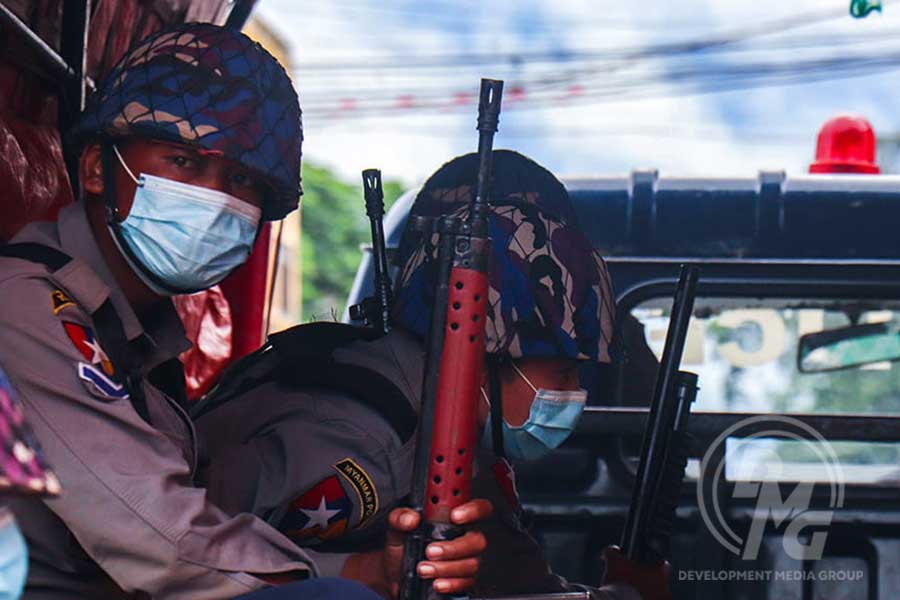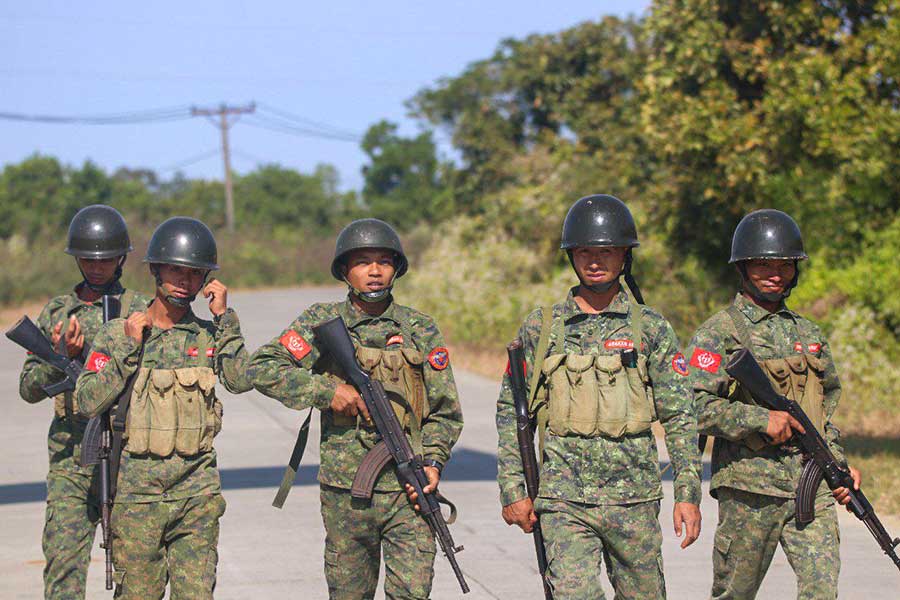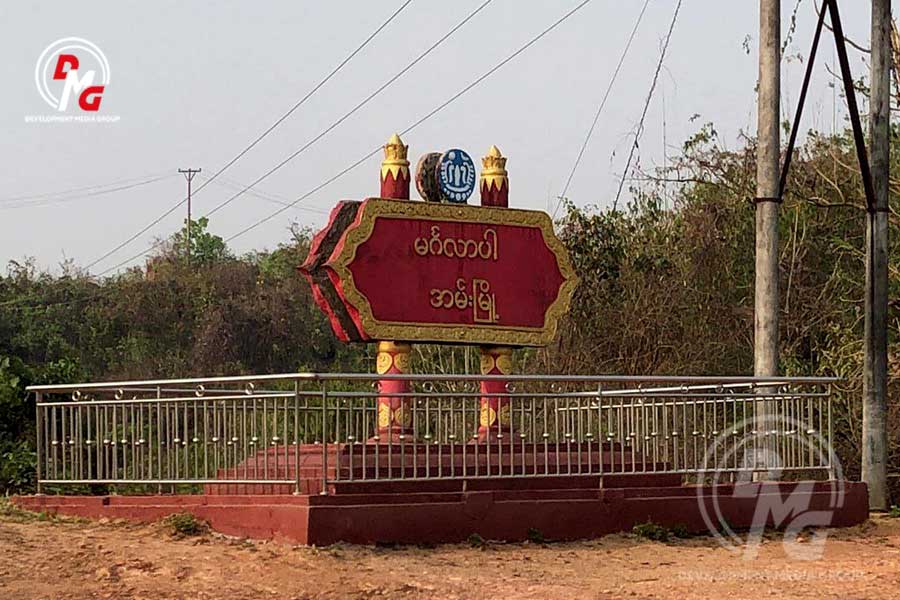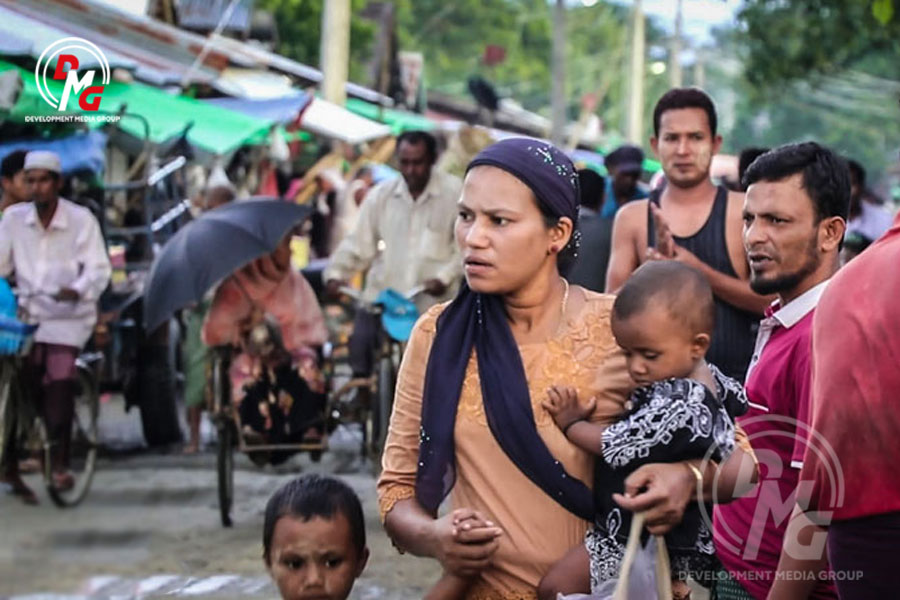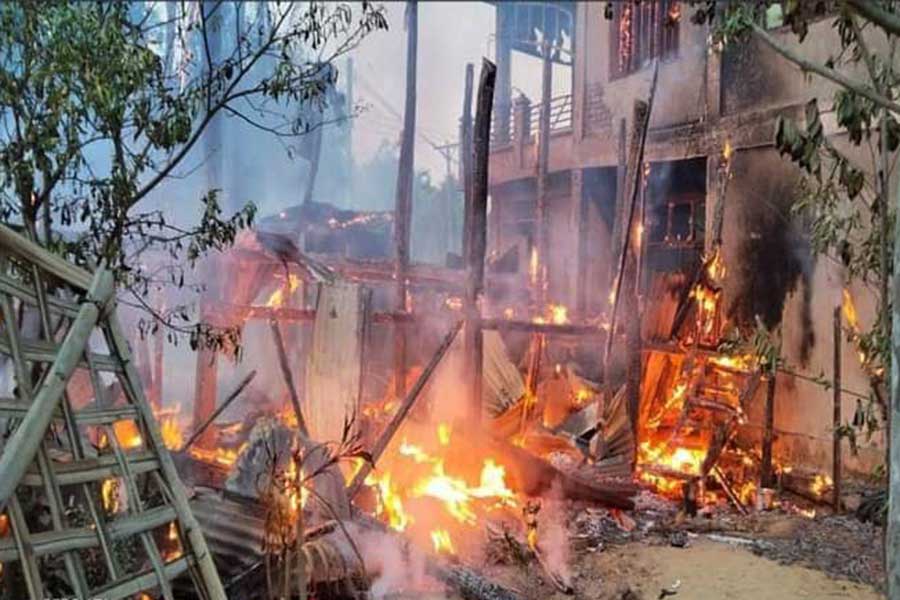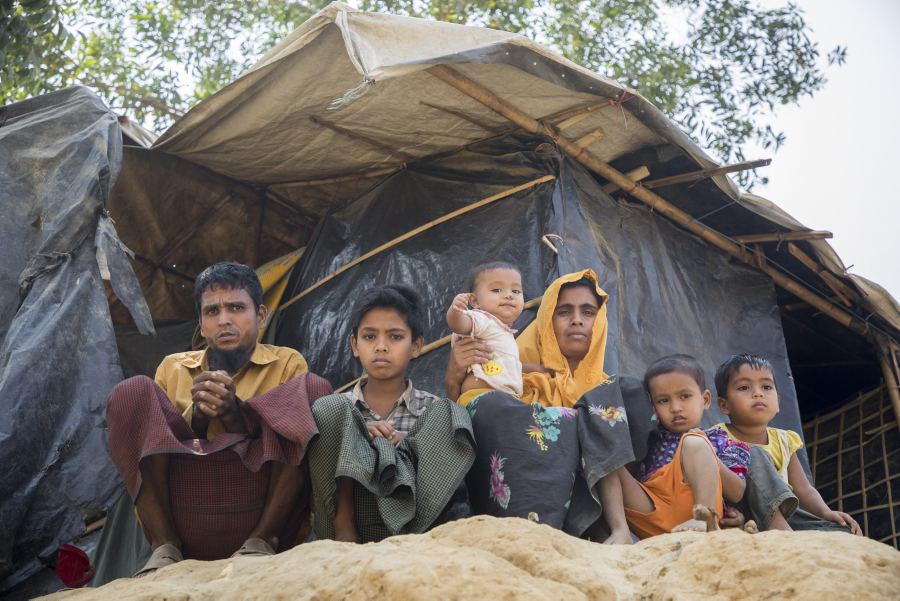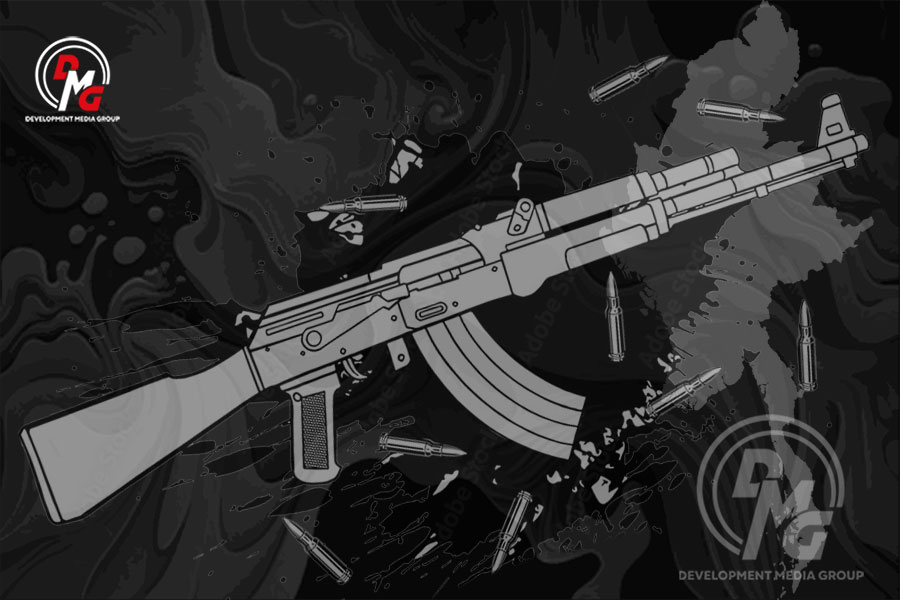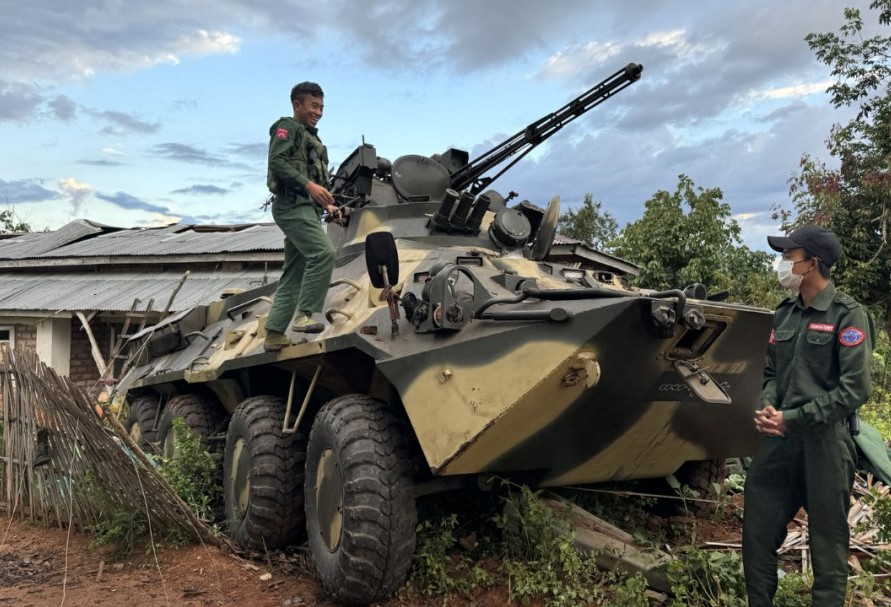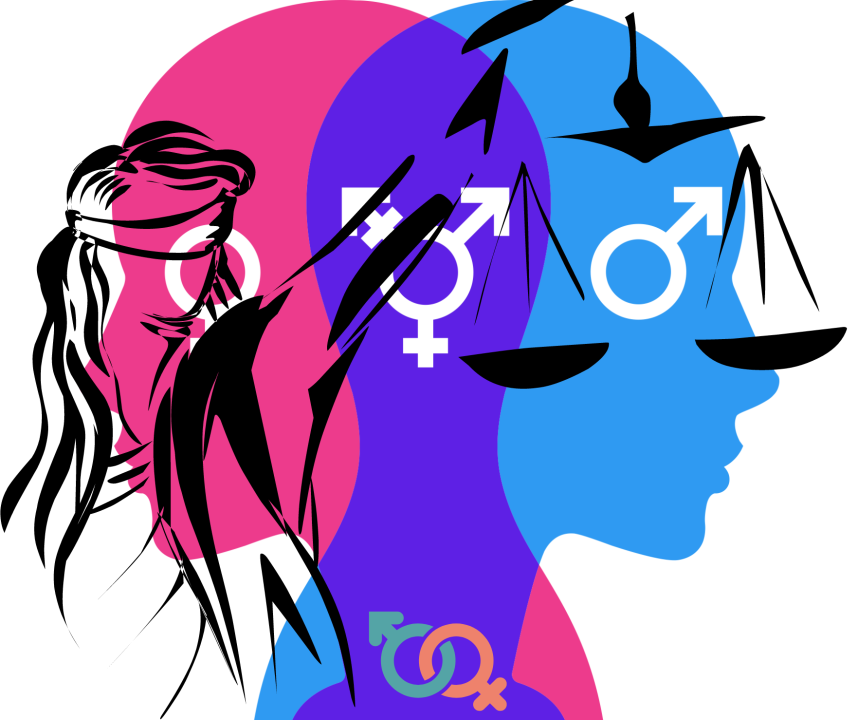- Junta conscripts 500 Muslims in Sittwe
- Thousands of houses torched, bulldozed by junta in Buthidaung
- Driver killed, two injured as junta soldiers open fire on bus in Thandwe Twsp
- Regime shelling kills two civilians, injures another in two Arakan State townships
- Septuagenarian loses leg in landmine explosion in Kyaukphyu Twsp
Extended public holiday is no break those behind bars awaiting trial verdicts
For millions of people the extended public holiday decreed by Myanmar’s military regime as a Covid-19 preventive measure has meant time off work, but for those behind bars and facing trial, the long break has had the effect of prolonging their legal limbo as court hearings have also been put on pause.
11 Aug 2021
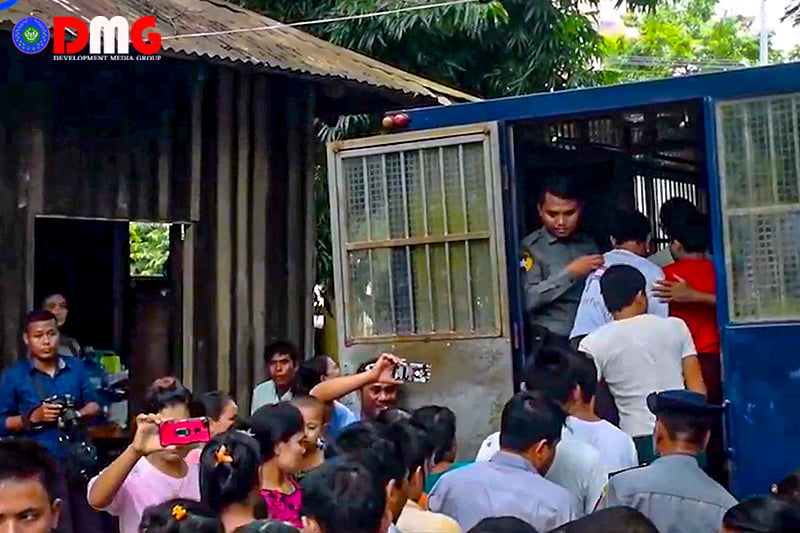
DMG Newsroom
11 August 2021, Sittwe
For millions of people the extended public holiday decreed by Myanmar’s military regime as a Covid-19 preventive measure has meant time off work, but for those behind bars and facing trial, the long break has had the effect of prolonging their legal limbo as court hearings have also been put on pause.
The case of four Arakanese students charged over an anti-war protest in the Arakan State capital Sittwe last October has lasted more than nine months, with the latest delay to proceedings due to the extended public holiday, noted Ko Toe Toe Aung, a member of the Arakan Students’ Union.
Ko Kyaw Naing Htay, Ko Oo Than Naing, Ko Myat Soe Win and Ko Kaung Tun have been charged under Section 505(b) of the Penal Code, an incitement provision, and Section 29 of the Natural Disaster Management Law.
“The students were arrested during the second wave of Covid-19. It is now the third wave of Covid-19,” Ko Toe Toe Aung said. “Their case was not heard previously, so they have suffered a lot. As they have to face trial while being detained in prison, they are facing poor conditions as far as eating and living.”
Their latest hearing was scheduled for July 30, but it was postponed due to the Covid-related halt to court proceedings.
Beginning last month, Myanmar’s military regime announced a series of public holidays intended to curb the spread of Covid-19 and during which government offices across the country have been closed. The public holiday period initially applied from July 17 to 25 and has been extended multiple times, now covering through August 15.
Among those facing hearing postponements are individuals charged under the Counter-Terrorism Law who do not qualify for bail.
Daw San Thar Nu from Lekka village in Mrauk-U Township, the mother of a 24-year-old man who has been charged under the Counter-Terrorism Law, said: “When the government revoked its declaration of the Arakan Army as a terrorist group, I expected that my son would be released. But he was not released.”
Her son, Ko Oo Hla Maung, was among several Lekka villagers who were arrested in April 2019 on suspicion of having illegal ties to the Arakan Army (AA).
“I don’t know why our sons are being detained for a long time. I had to spend a lot of money for my son in prison. I could not save money or gold, so I have had to borrow money to send food for my son because he cannot eat rice with the bean soup given in the prison,” Daw San Thar Nu added.
For months, family members have been hoping that loved ones facing Counter-Terrorism Law charges in relation to alleged AA links would be released after the junta removed the designation of the ethnic armed group as a terrorist group on March 11.
Lawyer Daw Theingi Maung said even amid Covid-19 outbreaks like the pandemic’s ongoing third wave, authorities should consider how to proceed with court hearings for defendants who are not granted bail because suspending trials could cause losses for the accused.
“I think it would be better for the accused if the court trials of detained people were heard by video conferencing. In this way, their cases would not be delayed,” she said.
A total of 362 people in Arakan State have faced charges after being arrested on suspicion of having ties to the AA during two years of armed conflict between the Tatmadaw and the ethnic armed group from late 2018 to October 2020, according to the Thazin Legal Institute.
In June, the Arakan State military council told DMG that 21 cases of the sort were dropped following the Arakan Army’s removal from the list of terrorist groups.

